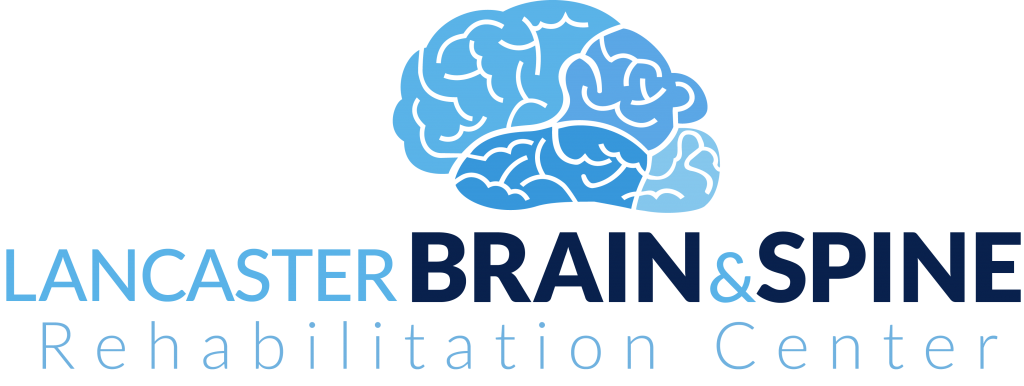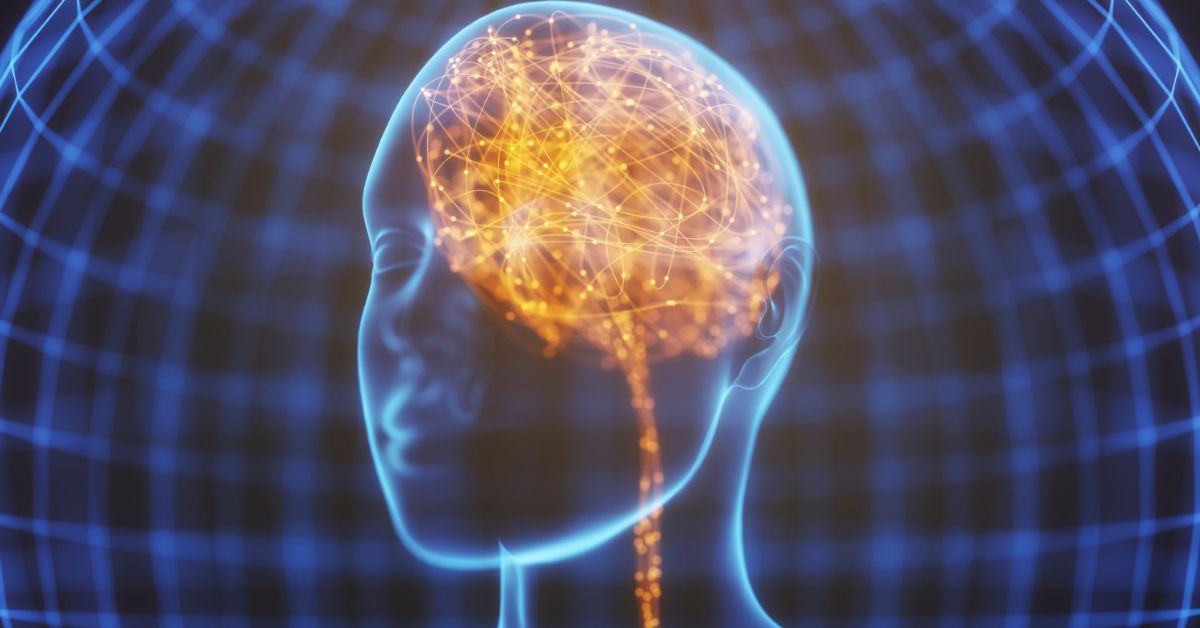In the pursuit of wellness, we often overlook the profound connection between our mind and body. The vagus nerve, which is an intricate part of your autonomic nervous system, plays a pivotal role in maintaining balance and promoting health.
The practice of vagal stimulation has gained traction in recent years, focusing on activating this powerful nerve to unlock a wide range of health benefits for our physical and mental well-being. Let’s see if vagal stimulation treatments can benefit you.
So What Is The Vagus Nerve & What Does It Do?
The vagus nerve is the longest and most complex cranial nerve. It begins in the brainstem and extends throughout your entire body, connecting various organs and systems. It primarily operates in the parasympathetic nervous system, which is responsible for your “rest and digest” response. This counters your “fight or flight” reaction associated with stress.
Activating the vagus nerve is called vagal stimulation, which is like ‘exercising’ your nerve. The goal of vagal stimulation is to improve vagal tone, which refers to the strength of your nerve’s activity. Improved vagal tone means that your nerve has the ability to play a more substantial role in your “rest and digest” parasympathetic nervous system.
So why would you want to improve your vagal tone through vagal nerve stimulation? Being part of your “rest and digest” system, the vagus nerve plays a role in pain management, digestion, and your immune system. It also promotes relaxation, reduces stress and is important in your overall well-being.
Finally, there is also a motor component to your vagus nerve, which controls various muscles in your neck and throat. But for the purposes of this article, we’ll primarily focus on the sensory components.
Who Is Vagal Stimulation For?
Vagal nerve stimulation (VNS) increases vagal tone over time, and enhanced tone has the capability to help you recover from a wide range of conditions. The higher your vagal tone, the more appropriately your body can respond to external stimuli, like stress and pain. VNS influences the release of neurotransmitters, such as acetylcholine, norepinephrine and serotonin. All of these play important roles in various essential bodily functions, from digestion to mood regulation and stress responses.
We treat patients regularly with VNS who are suffering from conditions like:
- Dysautonomia
- Chronic pain
- High stress or anxiety
- Gastrointestinal distress (constipation, bloating, diarrhea, nausea, abdominal pain, etc.)
- Chronic headaches or migraines
Now let’s dive into why vagal nerve stimulation can help people who have these specific conditions.
What Happens When Your Vagus Nerve Is Stimulated?
VNS is a simple treatment with wide reaching, positive effects. During VNS, several physiological responses occur in your body. Being part of the “rest and digest” system, nerve stimulation causes the body to both calm and slow down. VNS can result in:
- Improved Heart Health
VNS has the capability to lower your heart rate to an appropriate level, causing your blood vessels to dilate (relax and widen), which decreases your blood pressure. Lowering heart rate and blood pressure can prevent cardiovascular issues, such as heart disease and stroke, meaning VNS can have a profound impact on your heart health.
- Enhanced Pain Relief
Since the vagus nerve also plays a role in regulating and transmitting pain signals, VNS can effectively reduce pain sensitivity. This makes VNS a potential complementary therapy for individuals suffering from chronic pain conditions. But you may be wondering… How does VNS lead to pain relief?
Research suggests that when vagal tone is increased, it leads to reduced pain perception and better pain management. Enhanced vagal tone positively impacts your stress response as well as influences inflammation in the body and the release of neurotransmitters involved in pain regulation. While VNS is a safe, beneficial therapy, it’s important to note that there are individual differences that determine how pain is experienced and managed.
- Reduced Stress & Anxiety
Perhaps the most significant benefit of VNS lies in its ability to alleviate stress and anxiety. Activating the vagus nerve triggers the release of acetylcholine, a neurotransmitter that helps regulate your emotions and promotes a sense of calmness. By reducing stress, you can protect yourself from various stress-related health issues such as high blood pressure, insomnia and digestive problems.
- Enhanced Digestion
The vagus nerve plays a crucial role in promoting proper digestion. Enhanced vagal tone helps your body to move food through your gastrointestinal tract appropriately and increases the production of stomach acids and digestive enzymes. This leads to better nutrient absorption and reduced gastrointestinal discomfort for anyone dealing with symptoms like bloating, diarrhea and nausea.
- Boosted Immune System
Recent studies have shown that VNS can strengthen the immune system by promoting the production of anti-inflammatory cytokines, proteins that control inflammation in your body. This helps your body defend against infections and chronic inflammatory conditions, which we would all like to avoid.
- Improved Mental Health
The positive impact of vagal stimulation extends to mental health as well. By influencing neurotransmitters like serotonin, VNS can alleviate symptoms of depression and improve your overall mood. This therapy gives your body an opportunity to improve naturally and may reduce or eliminate the need for medications.
There is also evidence that suggests VNS plays a role in enhancing memory and learning, so finding ways to stimulate your vagus nerve may also boost your learning ability. The opportunities are endless!
Can I Stimulate My Vagal Nerve At Home?
Numerous techniques have been developed to stimulate your vagus nerve and enhance its activity. Plus, some of these methods are simple and can even be done at home! They include:
- Deep breathing: Slow, diaphragmatic breathing helps activate your vagus nerve and elicits a calming response in your body.
- Humming or gargling: Humming to your favorite songs or gargling water can stimulate your vagus nerve, promoting relaxation and reducing anxiety.
- Meditation: Mindfulness practices and meditation have been shown to boost vagal tone.
- Cold exposure: Cold showers or plunges can activate your vagus nerve and trigger a cascade of health-promoting responses.
- Laughter: Genuine laughter not only lifts our spirits, but also stimulates your vagus nerve, fostering a sense of well-being.
While these at-home remedies are great to incorporate into daily life, they’re not always enough for someone who is suffering from the conditions we listed above.
When Should I Seek Professional Help?
If you’re suffering from dysautonomia, chronic pain, high stress or anxiety, gastrointestinal distress, or chronic headaches and/or migraines, and your condition is affecting your day-to-day life, consider clinical VNS.
It’s possible to stimulate your vagus nerve medically, as a form of therapy, and these techniques are broken down into two categories:
- Invasive vagus nerve stimulation: With this technique, a surgically implanted device delivers an electrical impulse to your vagus nerve to activate it.
- Non-invasive vagus nerve stimulation: This application stimulates your vagus nerve using external devices, such as hand-held stimulators, earbuds or clips.
At Lancaster Brain & Spine, we perform non-invasive vagus nerve stimulation techniques. We commonly use:
- Auricular branch vagus nerve stimulation: During this treatment, we stimulate your vagus nerve by delivering a gentle electrical pulse to your ear, where the auricular branch of your vagus nerve is.
- Vagal breathing: This is also known as diaphragmatic breathing, which involves engaging your vagus nerve to activate your body’s relaxation response. The focus of this technique is deep, slow breaths that originate from your diaphragm and we teach you how to perform this breathing correctly, to get optimal benefits.
Is Vagus Nerve Stimulation Right For Me?
Vagal nerve stimulation offers a treasure trove of benefits for both your physical and mental well-being. By incorporating simple practices into your daily routine, such as deep breathing, meditation, laughter, and when needed, clinical applications of VNS, you can tap into the power of your vagus nerve and foster a more resilient and balanced life.
Embracing VNS as a part of your wellness journey can be a transformative step towards unlocking your body’s natural healing capabilities and achieving a higher state of overall health and happiness. If you think vagal nerve stimulation could help you, book your free 15-minute phone consultation with one of our experts, and we’ll answer all your questions.






